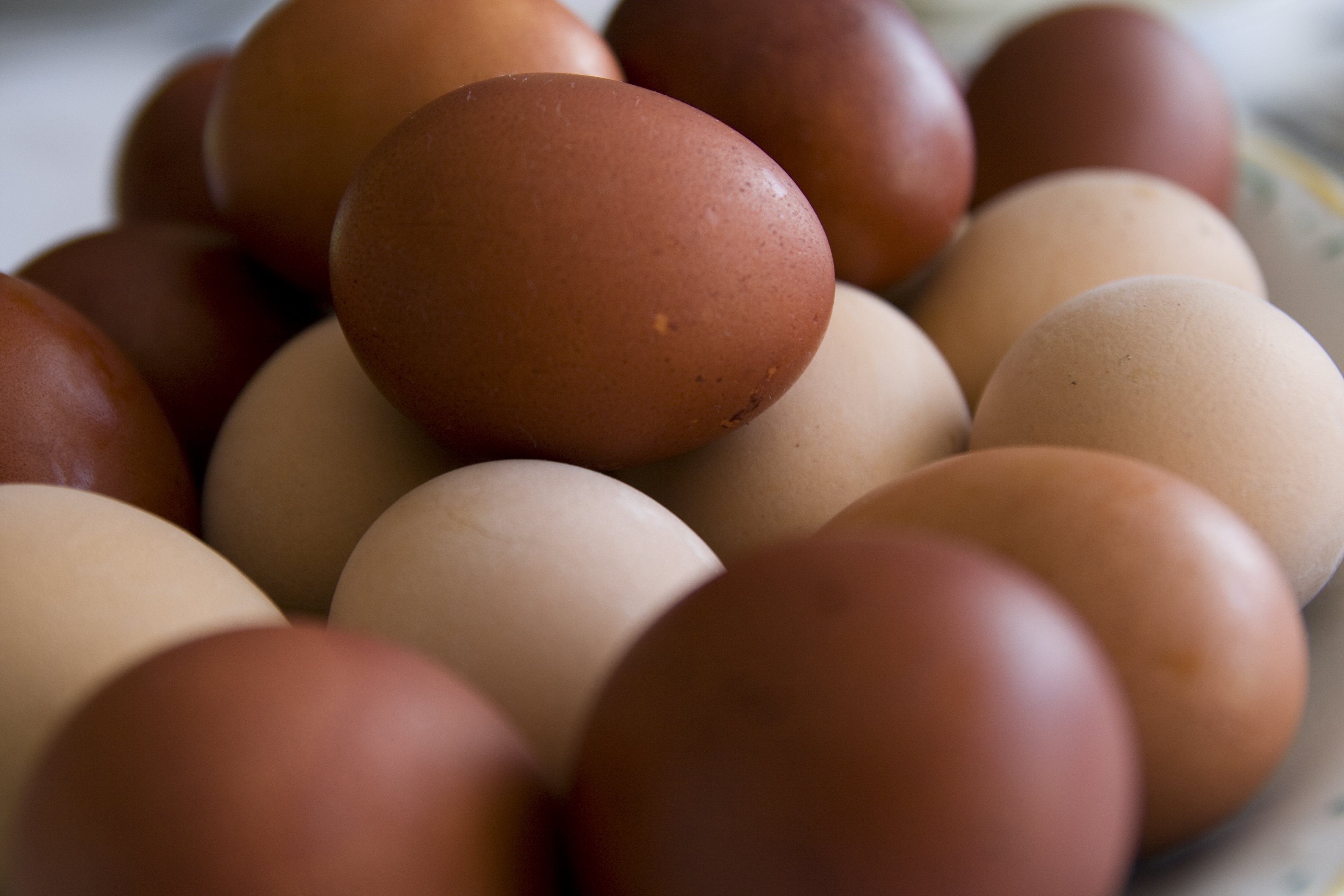Many of us kick off the new year committed to healthier eating. In his words below, NCIPL Steering Committee Chair Carl Sigel suggests ways we can be better not just to ourselves but also to our planet:
At present, about one-third of the planet’s greenhouse gas (GHG) emissions result from agriculture, largely due to tropical deforestation, methane emissions from livestock and rice cultivation, and nitrous oxide emissions from fertilized soils.
To meet the world’s future food needs, food production will likely need to double by the middle of this century. If we continue to use current agricultural practices, GHG emissions will increase substantially. To avoid the most dangerous consequences of climate change, the way we grow food and the way we eat must change.
We can all take part in addressing this challenge by modifying our dietary patterns to include a greater proportion of plant-based food. According to a recent article by Ripple et.al. in Nature Climate Change, the GHG footprint of consuming ruminant meat is, on average, 19 to 48 times higher than that of high-protein foods obtained from plants.
The North Carolina Interfaith Power & Light website contains many helpful resources and suggestions to help put our faith into action. A good starting point would be to put into practice one or more of Dr. Kathy Shea’s 10 Principles of Earth Friendly, Healthy Eating. For example, substitute chicken, fish or eggs for beef, lamb, or cheese as often as possible. If everyone in the USA ate no meat or cheese one day a week for a year, it would be equivalent to not driving 91 billion miles or taking 7.6 million cars off the road.
We can all be part of the solution to our planet’s ecological challenges, and we can live a healthier life in the process. Finally, we should never forget what environmentalist Robert Swan, the first person to walk to both poles, said, “The greatest threat to our planet is the belief that someone else will save it.”

